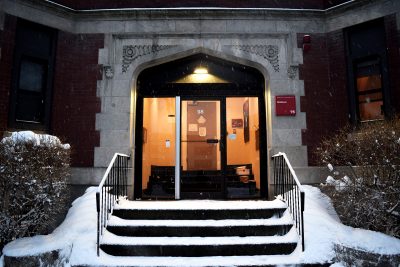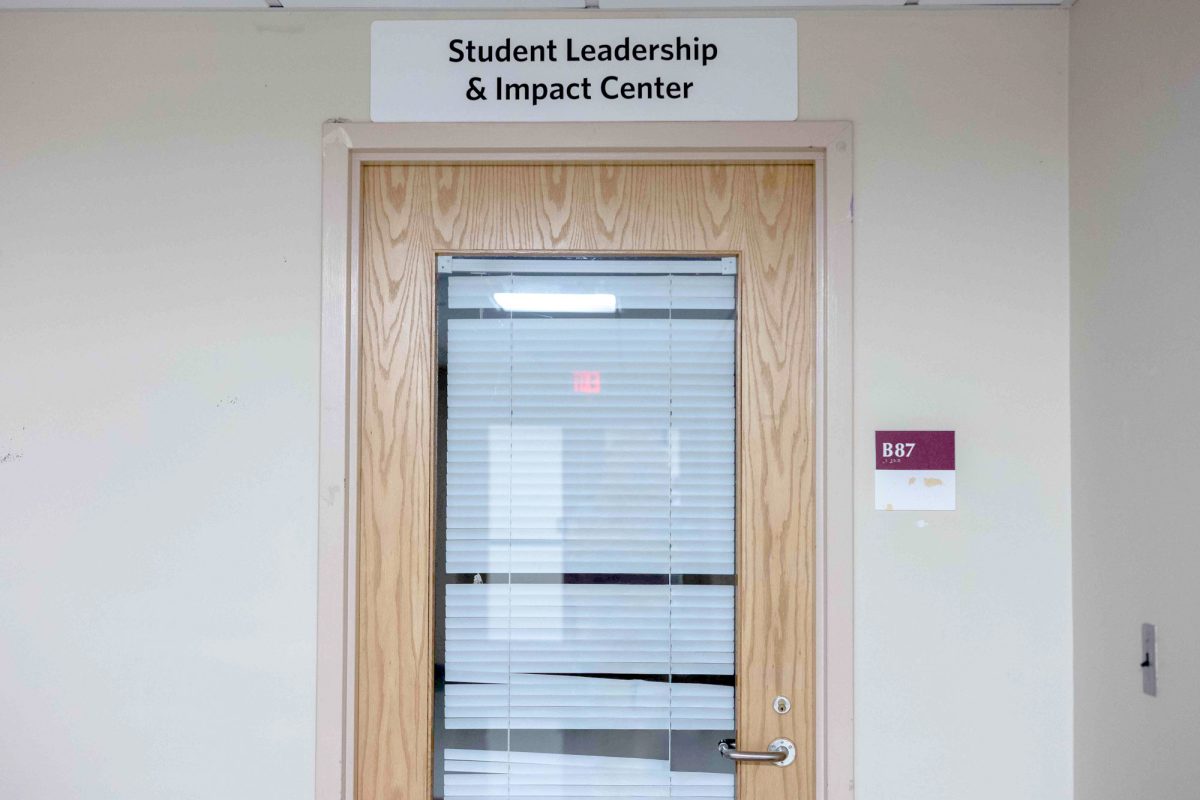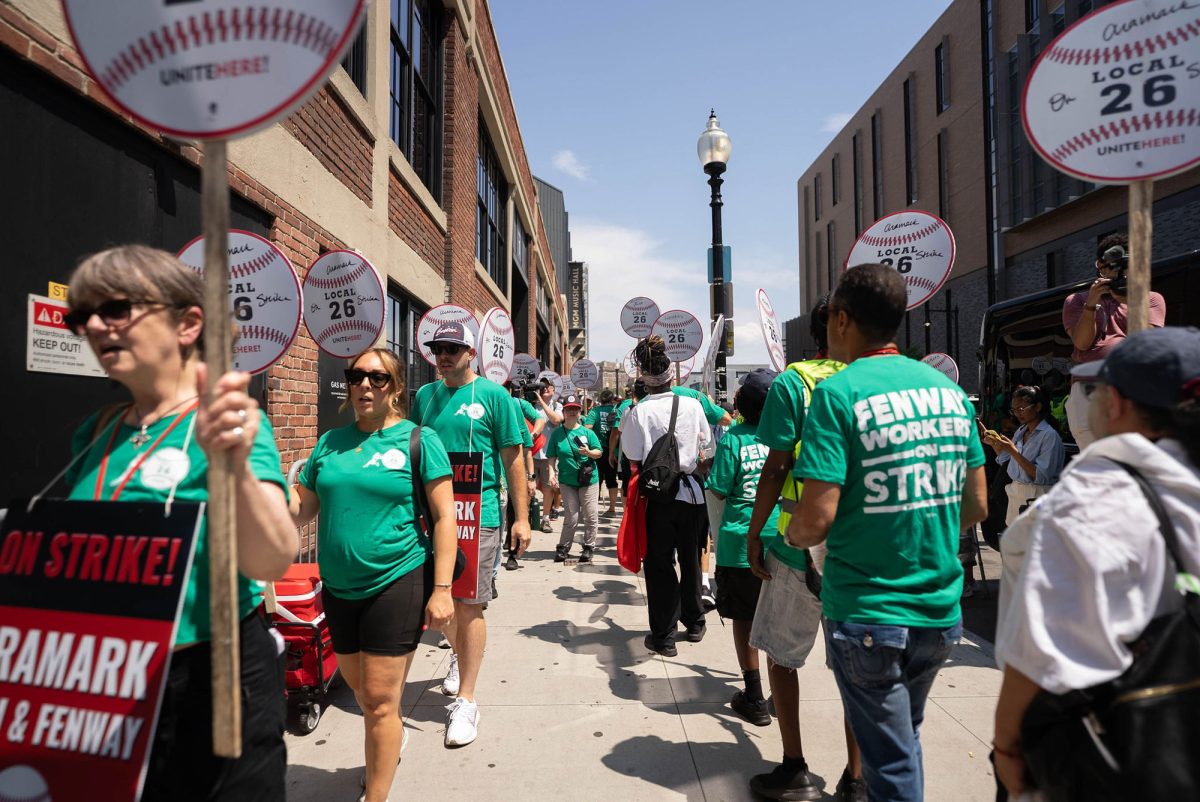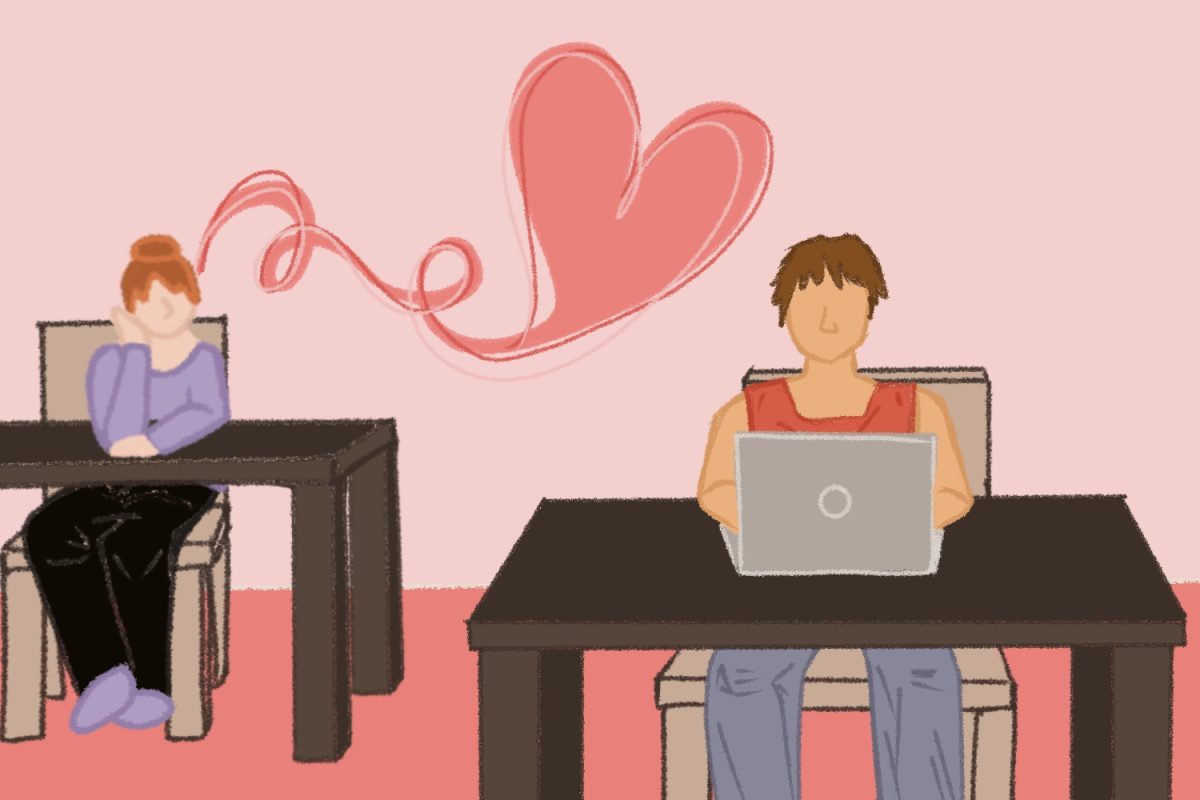
Boston University students will have to pay a full $600 housing deposit to reserve on-campus living spaces for the 2021- 2022 school year by the end of February.
However some students, including those on the BU Reddit page, have cited this policy as unfair due to uncertainty surrounding the Fall.
BU spokesperson Colin Riley wrote in an email the payment is to ensure students can be guaranteed a living space for the academic year, and it can be refunded for half of the amount until the end of June.
“Students unsure of their plans should decide whether or not to participate in room selection,” Riley wrote.
He wrote BU expects classes and dormitories will operate as they did before the pandemic by Fall 2021.
“We also hope some of the pandemic’s uncertainties will be resolved as vaccine distribution and inoculation efforts increase,” Riley wrote.
Riley said there are no plans to reduce the payable amount due for the primarily non-refundable housing deposit in an interview.
“This is something that is in place,” Riley said. “It’s the only way to operate when you have 11,000 plus on campus.”
He added COVID-19 testing may still be a regular practice next Fall, and it was “premature” to say otherwise. 575 Commonwealth Ave. — known as HoJo, which is currently being used for quarantine housing — has yet to be designated as a regular living space for Fall 2021.
Whether Learn from Anywhere will still be an option is yet to be determined, Riley said, and BU will follow the advice of its own Medical Advisory Group on COVID-19 protocols.
“We’ll learn more in the coming weeks as the vaccine is rolled out,” he said. “I think that’s a couple months away from being decided.”
Riley added he was proud of how the BU community was dealing with the challenges posed by the past year.
“I’m really pleased with the perseverance of students and faculty and staff to forge ahead and do well despite all the challenges they face,” Riley said.
Questrom School of Business freshman Syndia Iglesias said the $600 amount is “very unfair” to begin with and the ability to partially refund the deposit does not remedy that price.
“You still had to pay those $600 up front,” Iglesias said. “Not most people have those $600 in their pocket.”
Even though some students may be able to get their deposit “deferred,” Iglesias said it is still not fair to charge some students to pay that much to save a room for themselves.
“It is unfair that middle-class and higher-income students who are coming in, they do have to pay those $600,” Iglesias said.
She added the primarily non-refundable deposit definitely alienates some students from living on campus and does not offer any real incentives.
“It doesn’t clarify anything,” Iglesias said. “It doesn’t tell you if you’re actually going to get a good housing next year.”
College of Arts and Sciences freshman Lily Drazin said no student can anticipate what the Fall semester will look like, and paying $600 just as the Spring semester begins is daunting.
“It’s putting students in a bit of an uncomfortable situation,” Drazin said. “They have barely any time to decide.”
Drazin said she doubts BU’s belief that normal on-campus operations — those before March 2020 — can continue as soon as next Fall.
“I think that’s a pretty hopeful and optimistic assumption,” Drazin said. “I don’t necessarily think that’ll happen.”
She said she believes students should be able to get their deposit back in full if they wish to rescind their application.
“I think people should get the full refund,” Drazin said. “Especially with the plan for next year being so undetermined and just up in the air, I think that’s super unfair.”
Drazin said the daily notification to pay the deposit was sometimes annoying, and she would prefer a later deadline to pay.
“It is really overwhelming, especially getting the constant email like every single day,” Drazin said. “I know I’ve talked to other people who feel the same way.”
Drazin said she sympathizes with the administration, however, because they are trying to work toward an optimal and smooth school year.
“I think they’re doing so without actually thinking about the students,” she said. “They’re more concerned with the technicalities and not actually the well-being of their students.”





























































































































